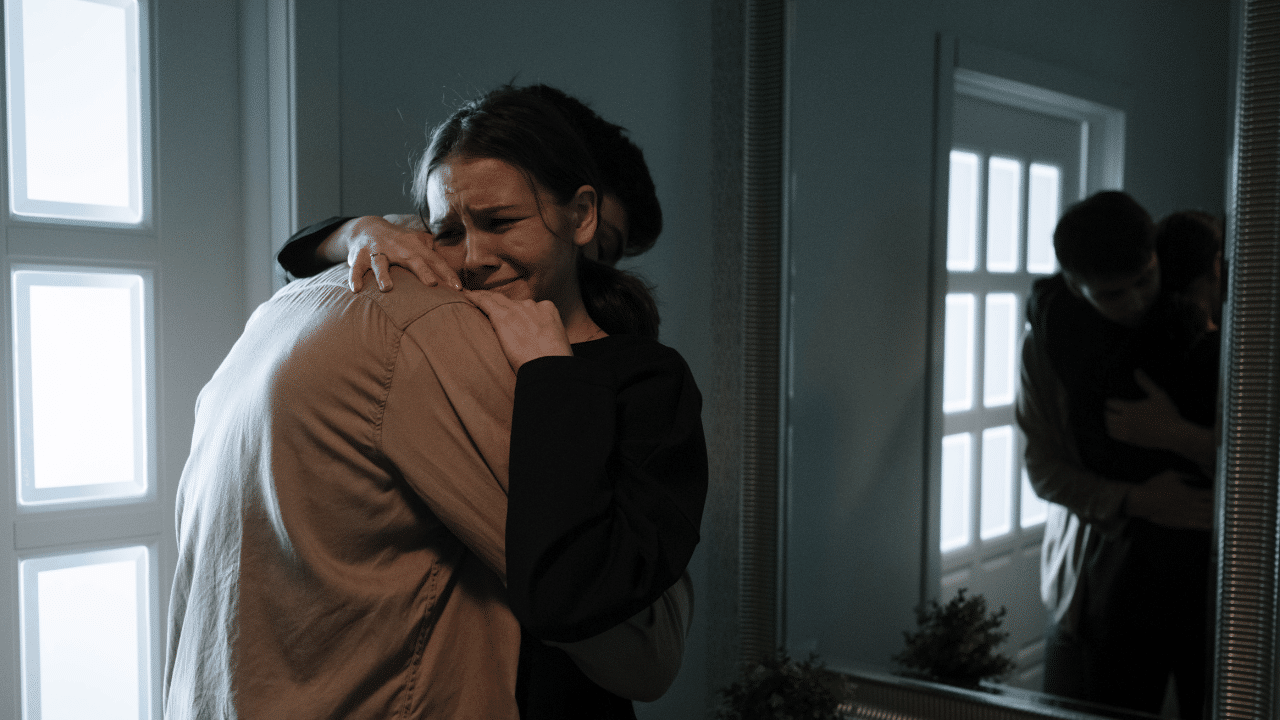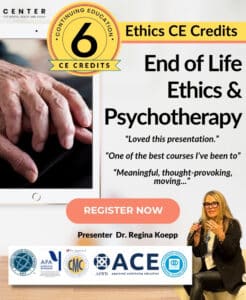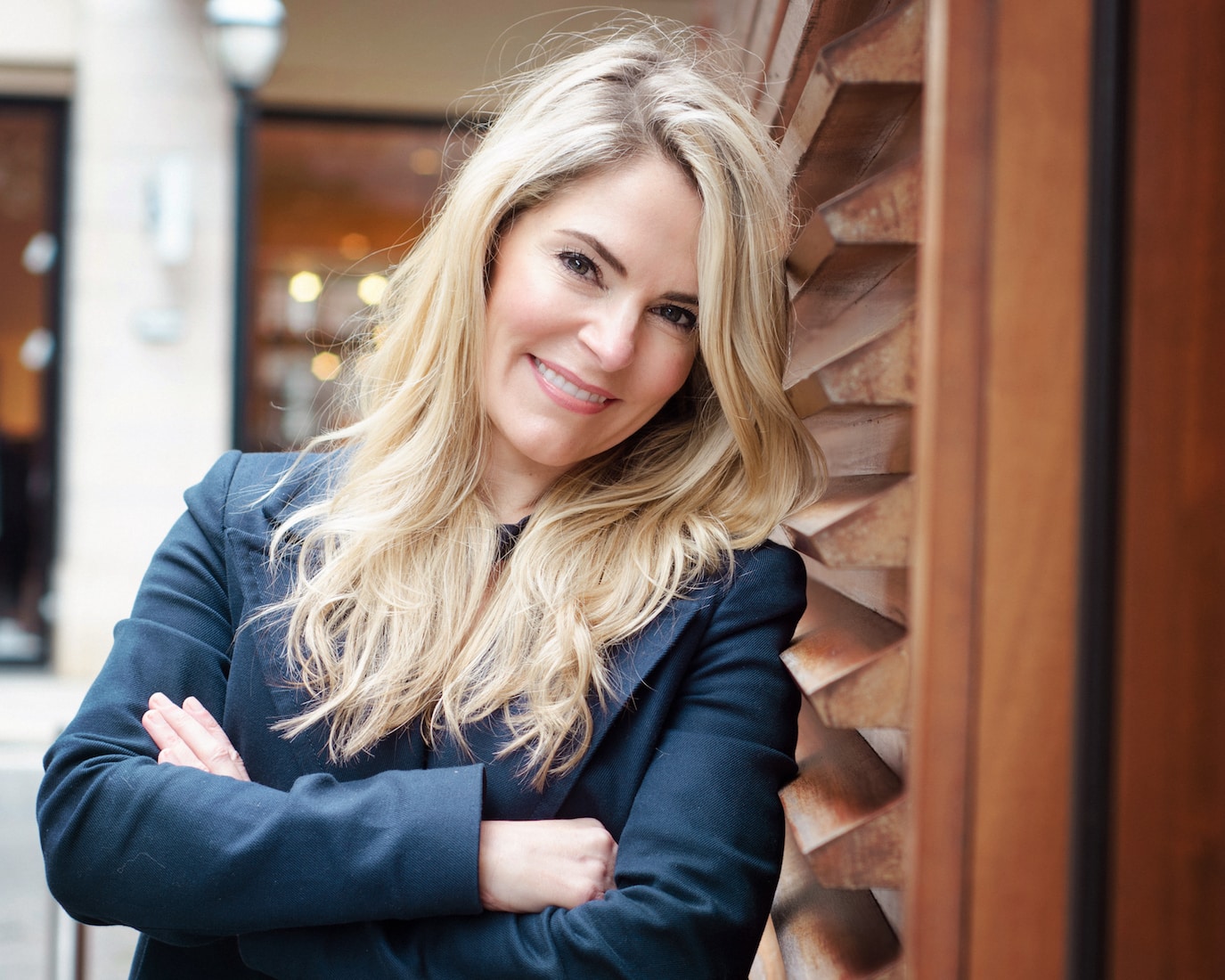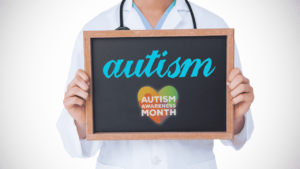Studies show that people who participate in Medical Aid in Dying experience benefits primarily centered around the principles of autonomy, relief from suffering, and dignity. And of course, there can be psychological comfort in the form of peace of mind, even if they ultimately choose not to pursue it. 7, 8
Even as a society, we tend to favor MAiD. Polls show that around 74-85% of Americans support the option of Medical Aid in Dying (MAiD) or laws allowing terminally ill patients to make end-of-life decisions to hasten their death 1, 3, 6, despite only 11 states (including Washington, DC) with legislation to allow Death with Dignity.
While there are demonstrated benefits and most people may be in favor of Medical Aid in Dying in theory, the practical reality can leave family members to grapple with moral dilemmas they’d never imagined.
In their article, “Unacknowledged Pain and Disenfranchised Grief”, Serota et al., 2023 recount stories of family members’ experience with MAiD, including Gloria’s experience:
Gloria described a sense of relief following the experience of witnessing her husband’s death with MAiD:
The doctor explained exactly what was going to happen, you know, to the fact that he was going to hiccup, and that would be it, and he would just peacefully go. … I said I love you [long pause], and then he died [crying]. And the interesting thing was, I looked at him and I had kind of an involuntary smile. I think there was a lot of things going on. Relief for him and for me, that he wasn’t suffering any longer, and he wasn’t in pain. And it wasn’t like a happy smile. I think it was just—my priest said, “Your face changed.” And I think it was just that, oh, my goodness, it’s over. The suffering and for him to be at peace, and that was a surprise.
Gloria’s experience exemplifies emotional duality. As she witnessed her husband’s death, which was undoubtedly difficult, she also experienced an unexpected moment of relief.
Not all experiences with MAiD, however, are positive. Some family members like Faye experience intense moral distress and complicated grief.
Faye described her brother’s MAiD death as a traumatic experience. Faye did not think her brother should be eligible for MAiD, and her family was angered by her opposition (Serota et al., 2023):
Terrible, absolutely devastating … it was terrible. I couldn’t eat, I couldn’t do anything. I lost a lot of people to cancer and other illnesses, and it was not like this. I mean, it was very hard….I couldn’t look at e-mails, I completely left my life somehow. It was really awful. So, I read one magazine, I think a hundred times trying to take my mind off of things. … It was like all I could do, and then I went back to my therapist, who I hadn’t seen in a long time… So, yeah, that’s what it was like, really hard, and I’m not okay today. I’m still not okay, and I don’t think I ever will be. I’ve never been through such trauma.
Faye’s story reminds us of the importance of acknowledging and supporting all family members, even those who may struggle and disagree with the decision.
Emotional Impact on Family Members
Family members supporting loved ones through MAiD often experience a range of emotional responses, including reduced grief symptoms and a greater sense of acceptance compared to those dealing with natural deaths1. Studies indicate that family members whose loved ones chose assisted dying reported improved mental health outcomes and less regret about the death2.
However, as we saw with Faye, these positive outcomes are often accompanied by complex feelings, including moral distress and anticipatory grief. Approximately 20% of caregivers experience significant distress or depression, comparable to or exceeding levels reported by patients themselves3.
The emotional impact can be further complicated by relational strain within families, especially when there are differing opinions about the appropriateness of MAiD4.
Family Members’ Perception of Quality of Death
For many families, MAiD offers a way to honor their loved one’s wishes and preserve their dignity. It’s often seen as a final act of love and respect, allowing the dying person to maintain control over their circumstances and avoid unnecessary suffering1,2.
However, these perceptions can be complicated by moral dilemmas, particularly for family members who feel conflicted about the decision or experience isolation from the process. Long-term reflections on the quality of death often reveal a retrospective appreciation for the dignity provided by MAiD, though some caregivers continue to grapple with unresolved feelings about their involvement3,4.
Challenges in Organizing MAiD
Organizing Medical Assistance in Dying (MAiD) presents family members with significant logistical and administrative challenges, which can feel like navigating a complex maze of healthcare systems, paperwork, and emotional preparation. It’s a process that can be daunting for family members.
Not to mention that the process is often complicated by legislative requirements governed by each state in the US that honors Death with Dignity, which can cause confusion.
Family members frequently report feeling overwhelmed by the responsibility of arranging funeral details and managing the dying person’s personal affairs while simultaneously caring for the person while they’re still alive, advocating for optimal care, all while grappling with anticipatory grief2.
And then there are the scheduling difficulties and potential last-minute changes that can lead to heightened stress and anxiety for those involved in organizing MAiD, like a new infection that may benefit from treatment, difficulty getting in to see the physician, and changes in medical status causing delirium and incoherence that might disqualify a person from MAiD 3.
Reconciling Beliefs with MAiD
Reconciling religious beliefs with a loved one’s decision for MAiD often involves deep spiritual reflection and internal conflict for family members. Many struggle with the concept of life’s sanctity, viewing MAiD as morally equivalent to suicide, which can lead to feelings of guilt and betrayal1.
This is a time of soul-searching and deep exploration of beliefs and values. This process can lead to more questions than answers and leave a person at times feeling as if compassion and faith are in harmony and other times at odds.
To cope, some people engage in religious practices like prayer or seek support from spiritual leaders2, while others find a way to accept the complexity of the situation, recognizing that their faith can coexist with supporting their loved one’s choices.
This reconciliation process is deeply personal and may involve reframing MAiD within a broader spiritual context of compassion and understanding3.
This is where you come in. You have an important role in helping the dying person and family members navigate the complexity of this moral dilemma.
Just as the dying person needs support, families navigating MAiD require a strong network of care. From psychotherapy to peer support groups, from death doulas to empathetic healthcare providers, it’s important to be aware of, and prepared to help families through this end of life journey.
If you’d like to learn more about supporting families navigating Death With Dignity, I invite you to join me for my 6-hour End of Life Ethics and Psychotherapy course.
Register for our End of Life Ethics & Psychotherapy 6 Hour Ethics CE Course
- Date: 12/6/24, 9AM-4:30PM EST (Live Webinar)
- Can’t attend live? No problem. When you register, you’ll automatically get access to the recording for 1-year.
- CE Credits: 6 Ethics CE Credits / 6 CMC Contact Hours
- Approved by: ASWB, APA, NBCC, NACCM, CAMFT
Here’s What You’ll Learn In this heart-felt Ethics Course:
- Differentiate desire to hasten death from suicidality
- Understand Death With Dignity and Medical Aid in Dying with real stories (Vermont and Maine are Death With Dignity States)
- Ethically support individuals in end-of-life decisions
- Explore aggressive advance directives for dementia care
- Master 3 end-of-life psychotherapy modalities
- Address health disparities in end-of-life care.
Resources:
- Assessing Desire to Hasten Death in End of Life Care (Free Downloadable Checklist)
- End of Life Decisions Vs. Suicide: What’s the Difference?
- States with Death With Dignity with links to each state legal requirements
- Learn more about the Role of Mental Health Professionals in Death With Dignity
- End of Life Psychotherapy: Evidence-Based Approaches for Care
- Compassion & Choices
- Death with Dignity





